Articles
Can Snoring Cause Dry Cough?
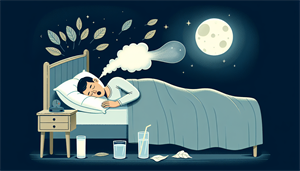 August 21st, 2024
August 21st, 2024
Snoring can cause dry cough by irritating the upper airway, often linked to conditions like OSA and GERD. Managing allergies can also reduce cough symptoms.
Can Snoring Cause Nose Bleeds?
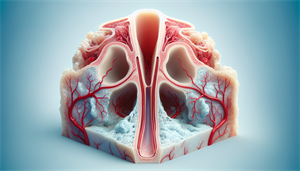 August 21st, 2024
August 21st, 2024
Snoring may cause nosebleeds due to nasal irritation; manage with humidifiers, saline sprays, and seeking medical advice if persistent.
Can Teens Have Sleep Apnea?
 August 21st, 2024
August 21st, 2024
Sleep apnea in teens impacts health and well-being; diagnosis and treatments like CPAP therapy and lifestyle changes are effective.
What Causes Low Oxygen While Lying Down?
 August 21st, 2024
August 21st, 2024
Low oxygen levels while lying down, caused by conditions like sleep apnea, can be managed with lifestyle changes, sleeping positions, and CPAP machines.
Why Is My Nose Making a Squeaky Noise?
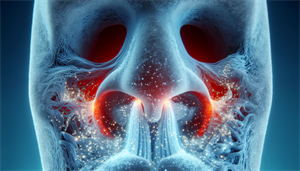 August 21st, 2024
August 21st, 2024
Mouth breathing, caused by nasal issues, leads to health problems. Correction involves therapies, orthodontics, and lifestyle changes.
Fixing Mouth Breathing
 August 21st, 2024
August 21st, 2024
Mouth breathing, caused by nasal issues, leads to health problems. Correction involves therapies, orthodontics, and lifestyle changes.
How to Breathe Through Your Nose While Sleeping
 August 21st, 2024
August 21st, 2024
Learn to breathe through your nose while sleeping with strategies like managing congestion, changing sleep positions, and using nasal aids for better health.
What Is an Alternative to Mouth Tape?
 August 21st, 2024
August 21st, 2024
Alternatives to mouth taping include changing sleep posture, using special pillows, and improving sleep hygiene, with professional help for better breathing.
How Do Snoring Devices Work?
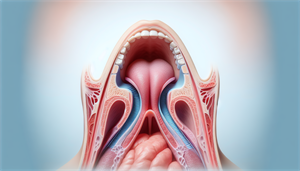 August 21st, 2024
August 21st, 2024
Explore snoring devices like nasal strips, mouthpieces, and CPAP machines that improve airflow and reposition the jaw, enhanced by lifestyle changes.
Can TMJ Cause Snoring?
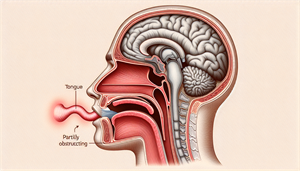 August 21st, 2024
August 21st, 2024
TMJ malfunctions can contribute to snoring, with treatments available to address this link between the jaw joint and sleep issues.